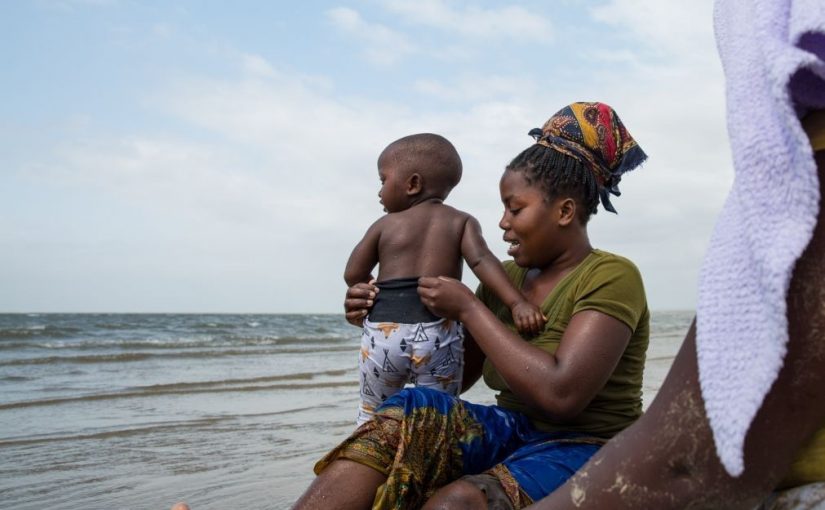Chinese medical team donates surgery instruments to Mozambican hospital
Mozambique: Use of modern contraception more than doubles since 2012 – report

File photo: Lusa
In Mozambique, the use of modern methods of contraception by girls and women has more than doubled in the last eight years – the biggest increase among countries monitored by the Family Planning 2020 global partnership, according to a report published on Tuesday.
The prevalence of use of modern contraceptives in the country has increased to 36.4% in 2020, from 14.5% in 2012, so exceeding the country’s own target of 34%, the FP2020 report shows. That represents faster growth than that seen in all the 12 other countries being monitored: Benin, Burkina Faso, Chad, Côte d’Ivoire, Democratic Republic of Congo, Guinea, Mali, Mauritania, Niger, Senegal, Sierra Leone and Somalia.
Mozambique, according to the report, is particularly focused on ensuring that adolescents have access to family planning, and has made strong progress in providing school-based services, expanding community-based distribution, training service providers on respectful care of young clients, and expanding the availability of long-term reversible methods and permanent methods of contraception..
The report’s authors also praise the inclusion of family planning in maternal and child care follow-up, with public awareness campaign programmes, the use of digital health platforms and the establishment of dedicated youth services.
Mozambique, they note, has consistently seen the fastest growth in contraceptive use – a testament to the commitment of the government and its partners to reaching all women, including adolescents, with a range of contraceptive options.
It is one of 11 countries that were before the outbreak of the Covid-19 pandemic on track to meet the targets set, with an estimated 1.9 million more girls and women in Mozambique having access to modern contraceptives since 2012.
According to 2015 data, most use injectable contraceptives (45.3%), the pill (24.4%) and condoms (15.5%), all of which helped prevent an estimated 991,000 unwanted pregnancies, 218,000 abortions and 2,200 maternal deaths.
Angola, meanwhile, joined the FP2020 partnership in 2019 and plans to implement a national family planning strategy that gives priority to adolescents and young people aged 15-24, as part of a ‘Born Free to Shine’ campaign and the Angolan government’s commitment to guarantee a wide choice of contraceptive methods.
According to Jason Bremner, one of the authors of the report, Angola “faces some challenges” as a country that “theoretically” has plenty of money to spend on family planning; this however is an area to which it has not given priority so far. Mozambique has focused on adolescents and Angola “has similar opportunities,” he told Lusa.
According to the report, Angola’s government has committed to spending $500,000 (€411,000) a year on family planning and to developing a law on reproductive health.
FP2020 is a partnership that involves organisations such as the Bill & Melinda Gates Foundation, the UK’s Foreign, Commonwealth & Development Office ((FCDO), the United Nations Population Fund (UNFPA) and the US Agency for International Development (USAID). It was formed in 2012 after the London Family Planning Summit to increase to 380 million the 260 million girls and women who at that time were using contraception.
According to the report now published, half of that increase has been achieved, with an estimated total of 320 million women and girls in the 69 African and Asian developing countries monitored now using methods such as the pill, injectable contraceptive, condoms or intrauterine devices.
Once the project is complete, the partnership aims to renew the initiative in a FP2030 partnership to reach still more girls and women, as every year the number of those of reproductive age increases by an average of 15 million in the 69 countries concerned alone.












Leave a Reply
Be the First to Comment!
You must be logged in to post a comment.
You must be logged in to post a comment.